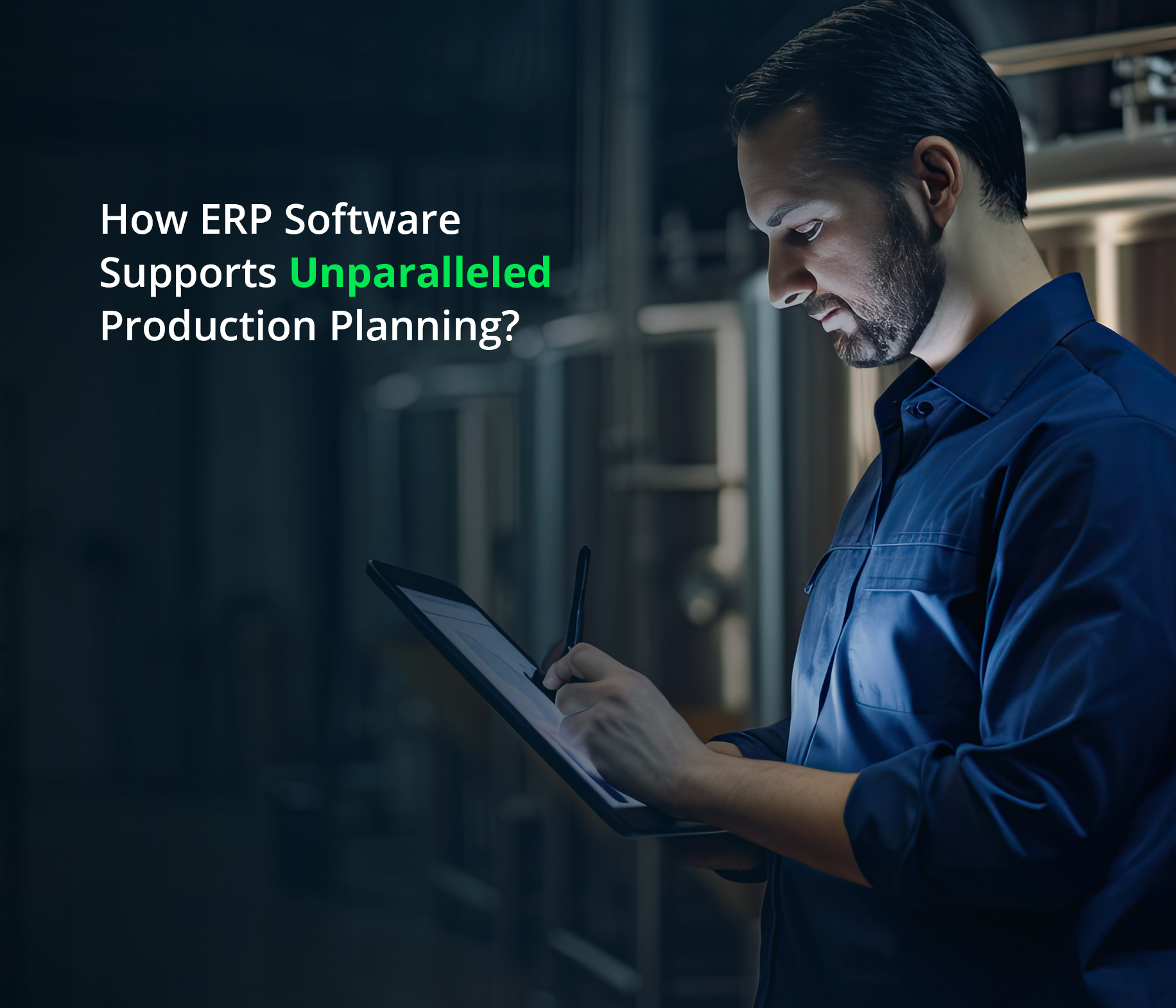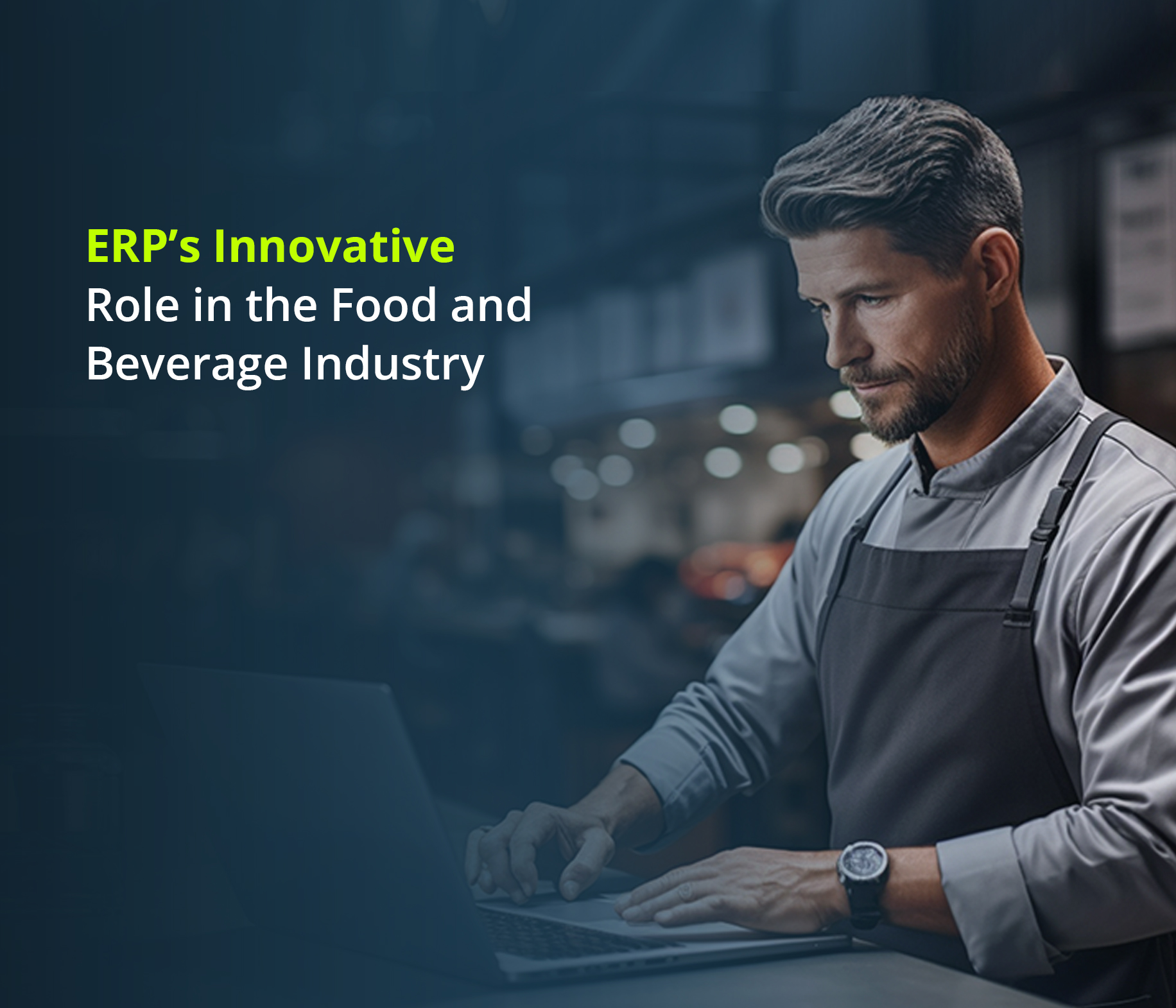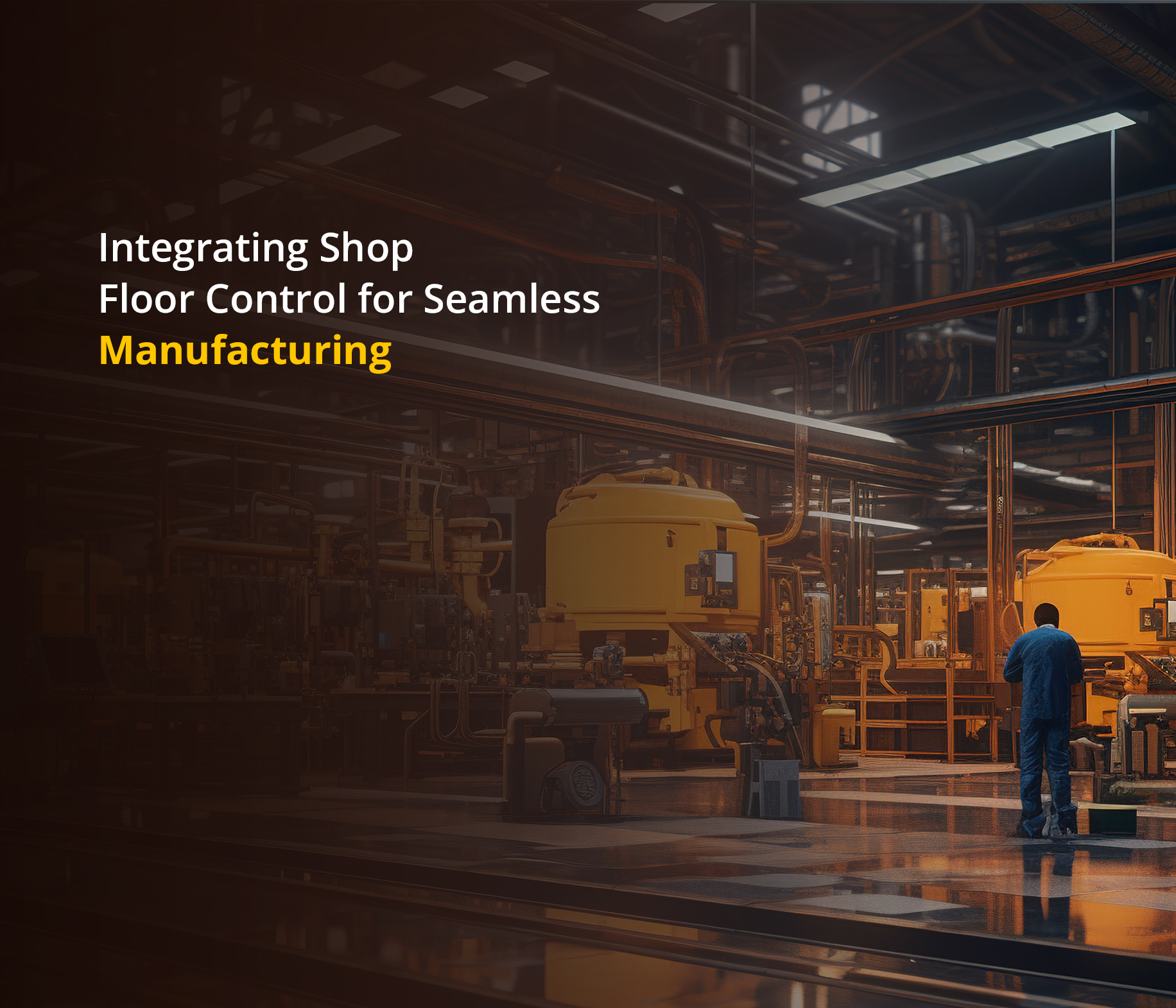Understanding ERP and its Benefits
ERP software integrates various aspects of a business, including finance, human resources, supply chain, manufacturing, and more, into a unified system. It streamlines processes, enhances communication, and enables better decision-making by providing real-time data and insights.
Traditionally, ERP systems were primarily associated with improving operational efficiency and reducing costs. However, their role has evolved over time to encompass sustainability as well.
ERP's Impact on Sustainability
Resource optimization
ERP systems help businesses optimize resource utilization by providing visibility into operations. This visibility enables organizations to identify areas of waste, reduce energy consumption, and minimize their carbon footprint. By streamlining processes, businesses can enhance efficiency and reduce resource-intensive activities.
Supply chain management
Sustainable supply chain management is crucial for businesses aiming to reduce their environmental impact. ERP solutions provide end-to-end visibility into the supply chain, enabling businesses to track and monitor their suppliers' sustainability practices. This visibility allows organizations to make informed decisions when selecting suppliers and encourages them to partner with environmentally responsible vendors.
Data-driven decision making
ERP systems gather and analyze vast amounts of data from various departments. By harnessing this data, businesses can gain valuable insights into their sustainability performance. Real-time data empowers organizations to make data-driven decisions to optimize processes, reduce waste, and identify areas for improvement.
Compliance and reporting
With the increasing number of regulations and reporting requirements related to sustainability, ERP systems play a vital role in ensuring compliance. These systems enable businesses to track and report their sustainability metrics accurately. By streamlining reporting processes, ERP solutions save time and resources while ensuring accurate and transparent reporting.

ERP for Small Businesses and Sustainability
While large enterprises have been quick to adopt ERP systems, small businesses have often been hesitant due to perceived cost and complexity. However, ERP solutions are increasingly becoming more accessible and tailored to meet the specific needs of small businesses. Implementing ERP for small businesses can yield several benefits in terms of sustainability and growth.
Cost savings and efficiency
Small businesses often face resource constraints, making it crucial to optimize their operations. ERP systems provide small businesses with the tools to automate manual processes, reduce errors, and improve efficiency. By streamlining operations, small businesses can save costs, allocate resources effectively, and focus on sustainable growth.
Improved collaboration and communication
Effective collaboration and communication are essential for sustainability initiatives. ERP solutions break down silos between departments, facilitating seamless communication and collaboration. Employees from different functions can access real-time data and insights, fostering a culture of collaboration and enabling cross-functional sustainability efforts.
Scalability and adaptability
ERP systems are designed to scale as businesses grow. Small businesses can start with a basic ERP setup and expand functionalities as their needs evolve. This scalability ensures that sustainability initiatives can grow alongside the business, supporting long-term growth and adaptability.
ERP Sustainability and Business Growth
Integrating sustainability practices into business operations has a direct impact on business growth. By leveraging ERP systems to drive sustainability initiatives, businesses can experience several benefits:
Enhanced brand reputation
Consumers today are more conscious of sustainability and prefer to engage with businesses that prioritize environmental and social responsibility. By showcasing sustainability efforts, businesses can build a positive brand image and gain a competitive edge.
Improved customer engagement
Sustainability initiatives resonate with customers who are increasingly demanding transparency and accountability from businesses. ERP systems enable businesses to track and report on sustainability metrics, providing customers with the assurance that their products or services are environmentally responsible.
Operational efficiency and cost reduction
Sustainability and operational efficiency go hand in hand. By optimizing processes, reducing waste, and minimizing resource consumption, businesses can achieve significant cost savings. These savings can be reinvested in research and development, expanding product offerings, or market penetration, fueling business growth.
Attracting top talent
Sustainable business practices are attractive to employees who are seeking purpose-driven work environments. By prioritizing sustainability and leveraging ERP systems to drive these initiatives, businesses can attract top talent and create a motivated workforce, leading to increased productivity and innovation.
Conclusion
ERP solutions play a critical role in achieving sustainable business practices. By integrating sustainability into their operations, businesses can enhance their brand reputation, engage customers, achieve operational efficiency, and attract top talent. Embracing ERP sustainability is a strategic step towards building a thriving and responsible business in the long run.
If you are looking for a solution that can help you build a sustainable business. We can help. Fill in the form to get started.






